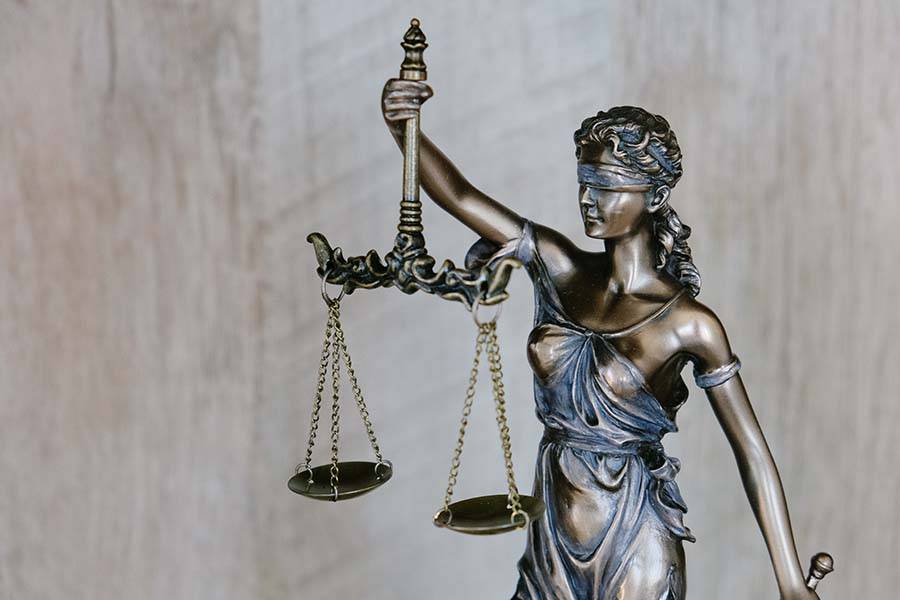Phenyo is a final year law student and is one step away from entering the world of legal practice. She has won numerous academic awards and has been widely rewarded with praise from peers and professor alike. As her mother, I remember her first day of university. She was eager and ready to learn but she certainly lacked the intellectual ability required to be a Dean’s Merit List candidate. Phenyo needed to improve her logical reasoning and advance her critical thinking greatly before she could reach such heights.
Phenyo attended multiple years of lectures, did assignments, and completed research but only in her penultimate year did she land on the podium of success. Phenyo revealed to me one night that classes and academics alone were not what propelled her to legal excellence. The classroom experience had played a small role in what she had achieved.
Phenyo had joined a mock litigators (moot) society in her first year. The society allowed students to participate in simulated trails to gain practical experience. Students would be appointed as representatives “for” and “against” a position in each case and argue their positions before judges – “Like suits” she explained. Phenyo had slowly been developing her critical thinking for years by immersing herself in practical examples.
“After working with the law, understanding its intricacies and nuances, like a potter understands clay, an academic study of the law then became second nature.” Today, Phenyo is the Vice-Chair of the Moot Court society and will endeavour to finish her degree with distinction.
This power and value of experiential learning is well established. As early as 1938, John Dewey, an American philosopher and educator who was a cofounder of the philosophical movement known as pragmatism wrote: “… every experience both takes up something from those [experiences] which have gone before and modifies in some way the quality of those [experiences] which come after…. As an individual passes from one situation to another, their world, their environment, expands or contracts…. What was learned in the way of knowledge and skill in one situation becomes an instrument of understanding and dealing effectively with the situations which follow. The process goes on as long as life and learning continue.”
We know that experience impacts learning, and learning gives a new lens to experience. Before making learning their own, learners experiment with newly acquired knowledge bases and test their validity for their own context. In fact, we are all aware that we refine what we know over time by tacking between knowledge and experience over and over again and adding to what we know, while we unlearn what is no longer valuable or appropriate.
Law school is not an exceptional learning environment in and of itself. The curriculum and formal learning can be dry and static if it remains just that. Moot is where context is clearest and present. Moot continuously reinforces and immediately validates learning. And moot is where experiential learning thrives by facilitating the integration of knowledge, skills, and context. Rapid learning and unlearning are required to succeed.
Phenyo confided in me that she felt sorry for her law school peers who had not joined the moot society. “All they know about law is content driven” she explained, they have missed out on the live learning experience that made it dynamic and …made it matter”.
CPS is aligned with the moot court approach. Context based journeys to mastery are embedded into many programmes to make them matter in the same way Phenyo describes above. That’s how we manage learning journeys, so that we partner with our students to live their learning and to #Change Tomorrow.


0 Comments